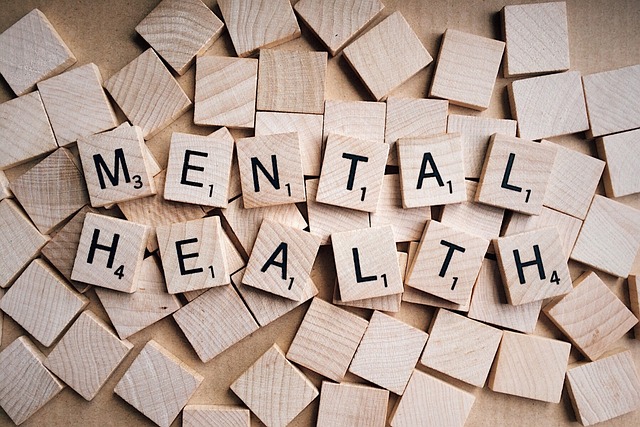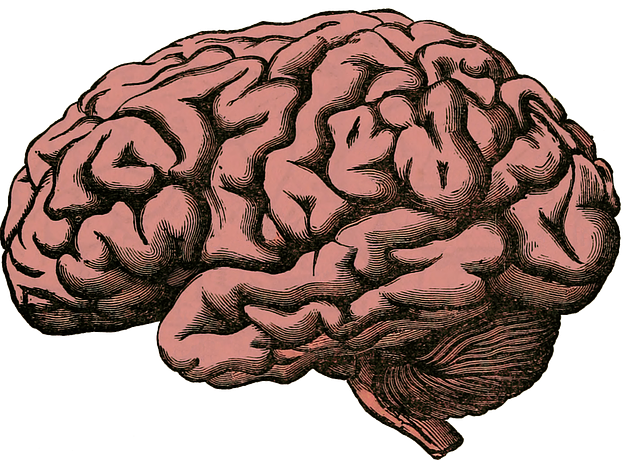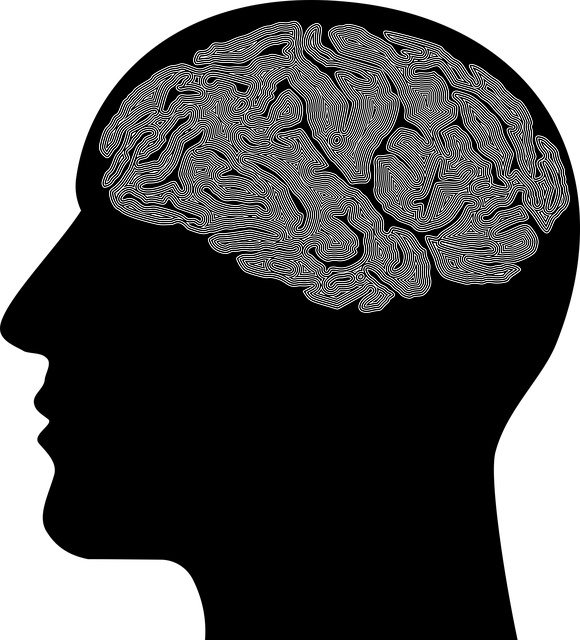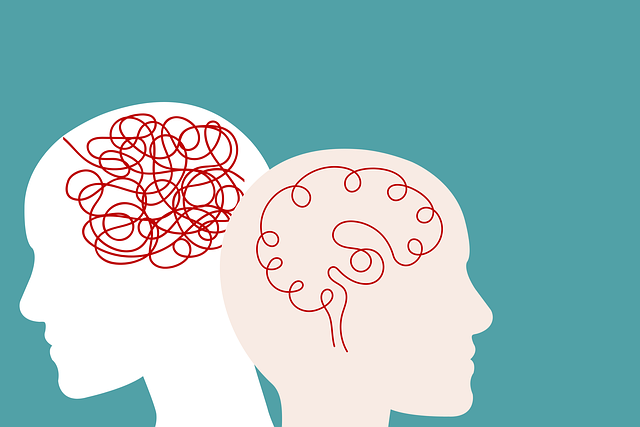Self-Care for Hebrew-Speaking Youth: A Holistic Approach
In today's stressful environment, therapy focused on young children with Hebrew-speaking backgrounds is crucial. Culturally sensitive practices, like understanding community mental health views and teaching conflict resolution skills, equip kids with emotional intelligence and healthy coping strategies. Tailored therapy sessions include evidence-based self-care techniques such as journaling and mindfulness to enhance self-awareness and promote consistent routines. Early intervention and community outreach aim to prevent issues like depression. Organizations also offer workshops for parents and children, fostering peer connections while providing tools to support mental health at home.
Self-care is an essential aspect of overall well-being, especially for young children. This article explores the significance of self-care practices and offers valuable insights into how parents can support their Hebrew-speaking kids’ mental health journey. We delve into the role of therapy in fostering healthy habits, providing practical strategies to create a nurturing environment at home. Understanding self-care is the first step towards empowering children with essential life skills, ensuring they grow up with a strong sense of emotional well-being.
- Understanding Self-Care: Why It's Crucial for Young Children
- The Role of Therapy in Enhancing Self-Care Habits for Hebrew Speaking Kids
- Practical Strategies to Improve Self-Care Practices at Home
Understanding Self-Care: Why It's Crucial for Young Children

Self-care is a fundamental aspect of overall well-being, especially for young children. In today’s fast-paced world, where children are often exposed to various stressors and challenges, incorporating healthy self-care practices can be transformative. It empowers them with essential coping mechanisms, fostering resilience and emotional intelligence. By teaching young minds to prioritize their mental health, we equip them with the tools to navigate life’s ups and downs.
For Hebrew-speaking therapy clients, understanding and practicing self-care takes on added significance. Culture plays a pivotal role in shaping an individual’s perspective on well-being. Healthcare providers offering therapy for young children must be adept at incorporating cultural competency training into their practices. This involves learning about the specific beliefs and traditions related to mental health within the Hebrew-speaking community, ensuring that self-care strategies are not only effective but also culturally sensitive. Conflict resolution techniques can be a vital part of this process, teaching children healthy ways to express emotions and manage interpersonal challenges. Moreover, advocating for comprehensive Mental Health Policy Analysis ensures that resources and services are accessible to all, creating a supportive environment where self-care can flourish.
The Role of Therapy in Enhancing Self-Care Habits for Hebrew Speaking Kids

For Hebrew-speaking kids, therapy can be a powerful tool to cultivate healthy self-care practices from an early age. Many children struggle with understanding and expressing their emotions, and this is where professional guidance comes in. Therapists specialized in working with young children can provide a safe and supportive space for them to explore and process their feelings, thoughts, and behaviors.
Through evidence-based practices, therapy offers tailored strategies for improving mental wellness. Techniques such as journaling and mindfulness exercises, often integrated into therapy sessions, can be instrumental in teaching kids healthy coping mechanisms. These activities not only enhance self-awareness but also encourage them to develop a consistent routine of self-care. Moreover, therapists can offer guidance on addressing specific issues like depression prevention, especially when identified early. Community outreach programs implementation within therapeutic settings further benefits these young individuals by providing a network of support and fostering an environment that promotes open communication about mental health.
Practical Strategies to Improve Self-Care Practices at Home

Improving self-care practices at home can significantly contribute to overall well-being, especially for young children. For Hebrew-speaking families seeking support, therapy options tailored to their needs are readily available. One effective strategy is incorporating daily mindfulness exercises, such as guided meditation or simple breathing techniques, into routines. These practices help reduce stress and promote calmness, teaching children valuable emotional regulation skills that extend beyond the home environment.
Additionally, structured activities like art therapy sessions or social skills training can foster self-care. The Hebrew-speaking community is fortunate to have specialized organizations offering Stress Management Workshops designed for both children and their caregivers. Engaging in these workshops empowers parents with tools to support their child’s mental health while also providing a platform for peer connection and shared experiences.
In conclusion, fostering healthy self-care practices among young children, especially those from Hebrew-speaking backgrounds, is a multifaceted endeavor. By understanding the importance of self-care and implementing evidence-based strategies, parents and caregivers can significantly enhance their well-being. The article has explored the role of therapy in shaping positive habits, offering practical tips for home application, and highlighting the unique needs of Hebrew-speaking kids. Through these insights, we aim to empower individuals to prioritize self-care, leading to happier, more resilient children.












